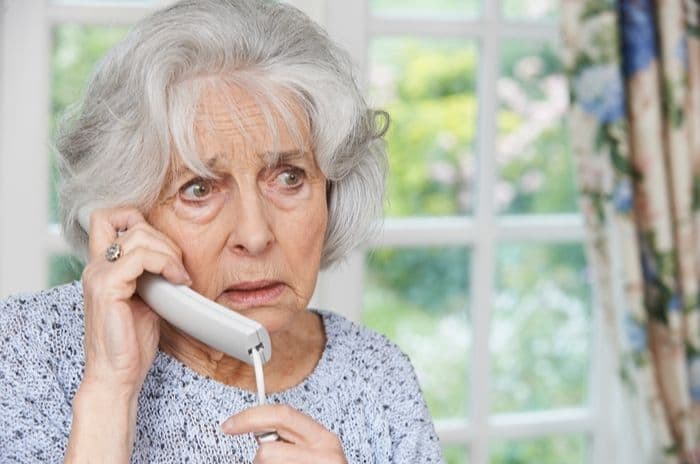Home > Money > News > Pensions mis-selling: Is this the new PPI?
Pensions mis-selling: Is this the new PPI?
Over the past two years, the number of people claiming compensation for pensions mis-selling has doubled.
Compensation claims for mis-sold pensions have reach a record high, with payouts doubling in the space of just two years.
According to figures from the Financial Services Compensation Scheme (FSCS), mis-sold pensions have led to compensation payouts of more than £40m in 2018.
That's significantly more than the £37.5m claimed in 2017 and double the £20m of payouts made in 2016. This is a result of an estimated £10bn worth of poorly invested pensions which were mis-sold to consumers by unscrupulous financial advisors.
This meteoric rise in claims has raised further concern over the quality of investment advice being received by pension holders. Experts fear the claims may overtake the current wave of PPI claims.
As well as this spike in payouts, there has been a seven fold increase in the activity on pension transfers in just three years. £37bn of pensions were moved in 2018, compared to just £5.4bn in 2014.

Poor advice given
The rise in pensions mis-selling claims shows just how many people have lost out due to poor advice. Thousands of pounds of hard earned money have been missed out on, due to people being ill informed.
Increased transfers of pensions over the past three years is a result of new pensions freedoms which came into effect in 2014.
Many consumers are confused about their options, with all too many withdrawing huge amounts of their pension pots without taking proper financial advice.
Around 30% of pensions drawdowns are thought to be taken without proper financial advice given. Worse than that; some of those who do seek advice are given the wrong or unsuitable information.
'Less than 50% of advice is suitable
The FSCS is acutely concerned over the quality of advice given to those who do perform due diligence when seeking to reinvest their pensions.
Mis-selling has been identified in both regulated and, increasingly, in unregulated advisors, with companies promoting illiquid, risky investments.
The Financial Conduct Authority (FCA) has been investigating pensions transfers and has found that less than 50% of the advice it reviewed was deemed to be 'suitable'.
Could you claim?
Potential victims of mis-sold investments are being urged to check if they can reclaim some of their money. The government has already set up a fund of £120m to provide compensation to those who have lost out.
Typically, a mis-sold pension holder will have been promised huge returns of up to 20% a year. Investments may have been made in 'get rich quick' schemes, such as airport parking, green energy projects and holiday homes.
The FCA say that one in eight savers believe their pension may have been mis-sold and are advising people to raise a complaint as soon as possible to ensure the best outcome.
The FSCS has set a maximum sum of £50,000 per claim, although this is set to rise to 75% over the next nine months, as claims are predicted to rise.
Average compensation claims are currently sitting at around £25,000 for private pensions and at £50,000 for final salary pensions. Experts believe that the total figure for mis-sold pensions will end up being in the region of £10bn.
Those with claims larger than £50,000 can take their case to the Financial Ombudsman. They have the ability to raise the ceiling and to add another £150,000 to the final claimed amount.
Scammed out of their pensions
Some savers may have lost out even more, investing with companies who have now disappeared, along with their savings.
As much as £120m of retirement savings have been lost, thanks to a rise in fraudulent activity, known colloquially as pension liberation scams
A ban on cold calling relating to pensions has aimed to curb poor investment choices through preventing contact. But many fear this does not go far enough.
Receive consumer updates that matter in our newsletter
Receive consumer updates that matter in our newsletter

We're independent of the products and services we compare.

We order our comparison tables by price or features - never by referral revenue.

We donate at least 5% of net profits to charity, and operate a climate-positive workforce.
Related guides
View more guides





